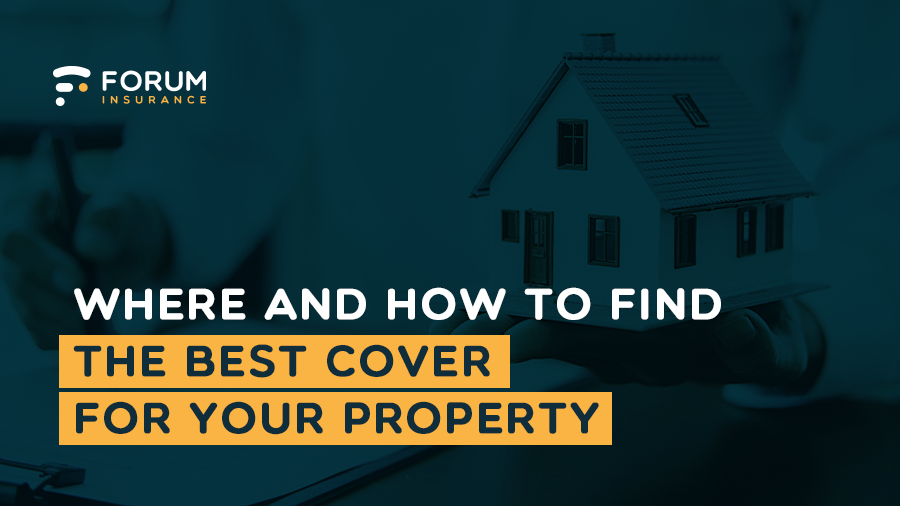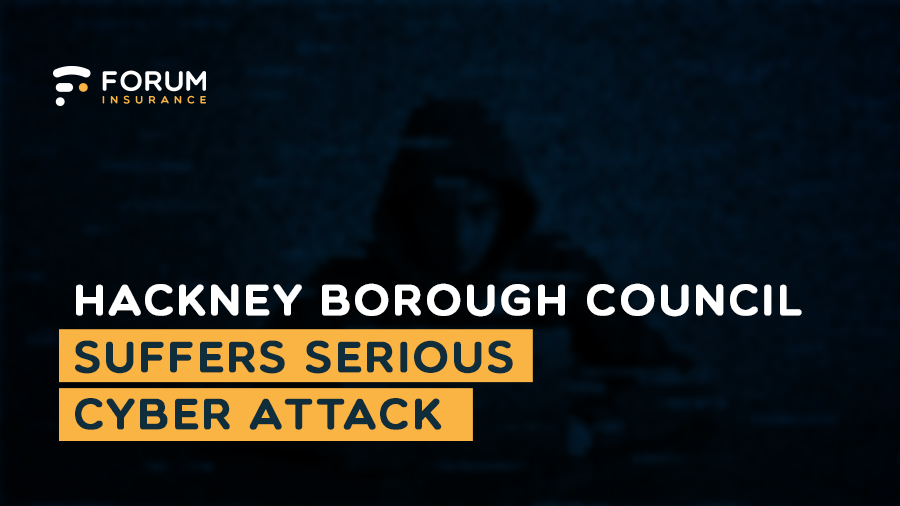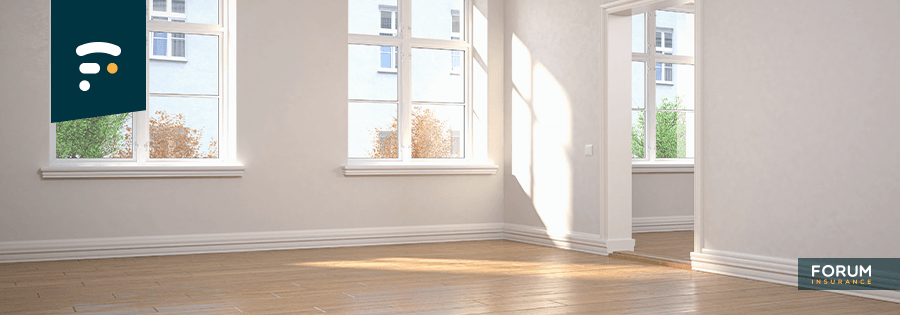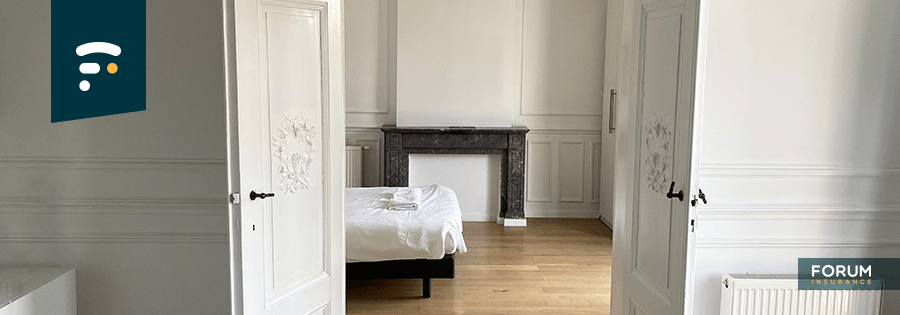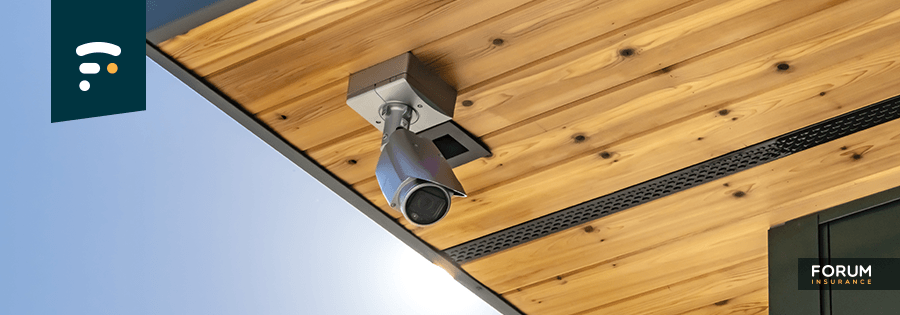What Happens If I Cannot Visit My Unoccupied Property During The COVID-19 Pandemic?
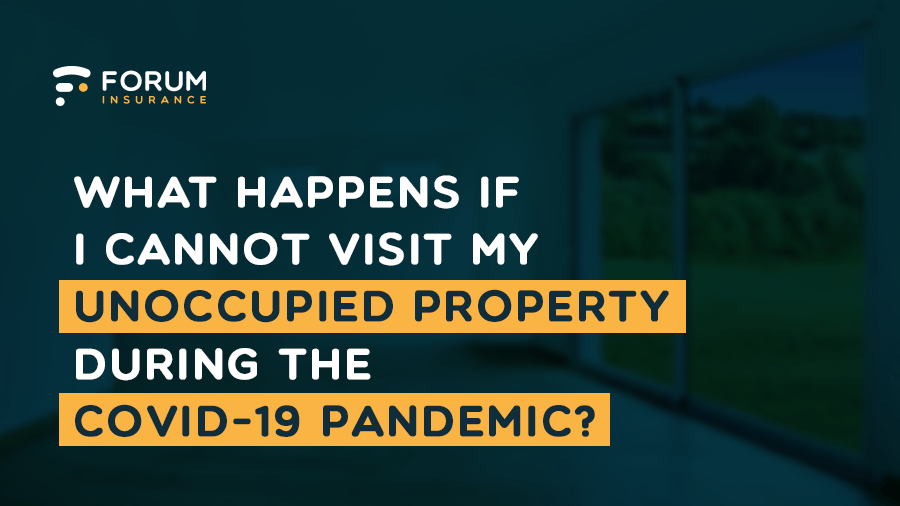
The number might be surprising for you, but there are around 216,000 homes that are unoccupied in the United Kingdom as of 2019. The numbers might even be higher now, considering the statistical increase throughout the years. Apart from these unoccupied houses, there are around 340,000 homes in the UK that are rarely occupied.
Considering these statistics, it is highly probable that you, or someone you know, might have an unoccupied property. It might come to you as a shock, but most insurance companies do not offer coverage to homes with standard home insurance that are unoccupied for over a month. So, how many of these are adequately insured? Let's answer all your questions about unoccupied properties, especially during the pandemic, where there are constant lockdowns for prolonged periods.
What Is Considered To Be Unoccupied?
As the name itself suggests, any property that is not occupied for a long time is considered to be unoccupied. However, in the insurance terminology, if a property is unoccupied for over a month or a couple of months, it is not covered under the insurance policy. So, generally speaking, any theft, water damage, fire, or malicious damage would not be covered by the insurance company.
There can be several reasons to leave home unoccupied for instance; extensive renovation might be required, you might be looking forward to selling it, or you might simply be out on an extended vacation. Nevertheless, you need an expert brokerage, such as Forum Insurance, handling your coverage and tailoring it for maximum protection.
What Is The Difference Between An Unoccupied And A Vacant Property
As mentioned earlier, the property is considered unoccupied when no one is there for around 30-60 days. However, this is not the same as the property that is vacant. A vacant property is where there is no personal property of any sorts. It is an empty place with no furniture or other belongings. An unoccupied property has some personal belongings at it, making it a residence.
Considering the vital difference between the two, insurance companies are more hesitant at offering coverage to vacant properties as compared to unoccupied. The reason is pretty straightforward; you are more likely to take care of a property that has your personal belongings in, as compared to the one that is completely empty. So, if you want insurance for a vacant property, be prepared for higher premiums!
How Long Can You Leave A House Unoccupied
Generally, home insurances do not cover houses that are left unoccupied for over 30 days, but some also offer 60 days. A couple of months without any visitors means that the property attracts more unwanted attention, such as from thieves, squatters, vandals, etc. Therefore, your unoccupied property will considerably be at a higher risk of an unfortunate event.
If you often leave your home unoccupied for a more extended period of time, it would be best if you look for specialist unoccupied home insurance. Here at Forum Insurance, our specialist brokers offer unoccupied home insurance to the clients that last for three, six, nine, or even twelve months! So, you can leave the house unoccupied and still not worry about its coverage!
Some Potential Risks Of An Unoccupied Property And How To Minimise Them
If your house is unoccupied for whatever reason, it is exposed to some potential threats and risks. However, there are some reasonable steps that you can follow to minimise those potential risks and have some peace of mind. First of all, let us see what those potential risks include.
- Breaking and Entering are highly possible as there would be no occupants to prevent theft or damage.
- Your property can be a target of vandalism, either outside or even inside if they break-in.
- There can be unforeseen events out of the blue due to lack of maintenance and repairs (if needed), such as gas leaks, leaky water pipes, etc. These can also cause long term and permanent damage.
- There is a possible chance of property liability if someone gets injured or their property is damaged because of your property. For instance, gas leaks can cause fire, and water leaks can cause walls to be damaged. Also, you owe some degree of duty of care to trespassers too!
These were a few potential risks of leaving a house unoccupied for a longer time. However, there are some safety measures that you can take to minimise the risks, and also decrease the insurance premium at the same time. Here are a few of them:
- You can hire or request someone you know to live at the unoccupied property until you return or occupy the home again (keep in mind that some insurers do not categorise them as owners when a claim is brought forward).
- Take or remove any valuable items such as jewellery to minimise the loss in case of a theft. You can leave them with relatives or friends for the time being.
- If your property is big, you can request police to be on the look whenever convenient.
- Install alarms, motion sensors, cameras, and other equipment to keep the house safer as if any of it goes on, the authorities and the neighbours would be alarmed.
- Lastly, you can also ask the neighbours to be on the lookout and keep a check on your home for anything suspicious!
Recent Posts

